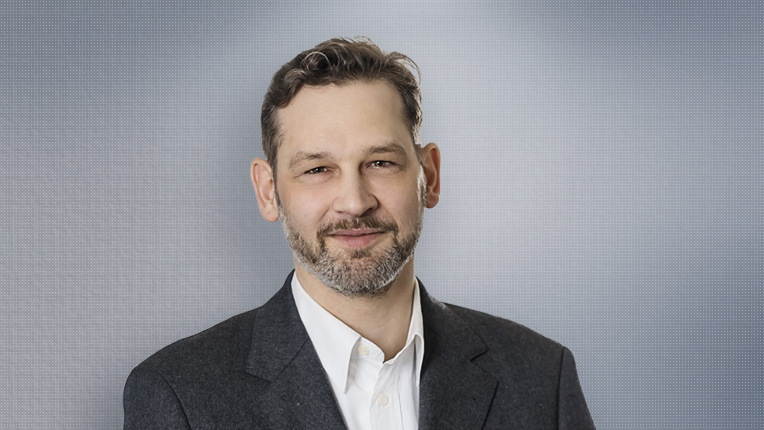People of ACM - Harald Störrle
March 5, 2020
How did you become interested in software engineering, and the specialization you are working in now?
It was really a lucky accident. I started programming in my teens, creating my own windowing system with ASCII-graphics in Assembly language on a C64. Then I became fascinated by the human mind: could we understand it, maybe build one from scratch? Today, I'd invoke "juvenile confusion" for such hubris. Anyway, there was no artificial intelligence course back then, so I enrolled in Computer Science and Psychology. After a while, though, I realized that AI has a lot to do with ”artificial,” but not so much with ”intelligence.” Luckily, I discovered another intersection between computer science and psychology: software engineering. Then, just when I started my PhD, Unified Modeling Language (UML) came along, and I was done searching for a topic. Ever since, I have explored many different aspects of models and modeling, from perception to methodology and tooling.
Will you tell us a little about what role model transformation plays in software engineering and how the new language you and co-authors introduced in the paper VMTL: a language for end-user model transformation will improve it?
In the early 2000s, I was involved in a couple of large-scale modeling projects in industry. One of the things that struck me was that people basically only had full-text search to retrieve information from their models. But that gives you so many false positives, and people often remember an overall diagram shape rather than the exact names of things. So I investigated a visual way of querying models, a little like query by example (QBE). It turns out, this actually works, and even carries over to constraining and transforming models.
What is the most important way in which user experience (UX) will influence software development in the near future?
It really depends on the types of software you are looking at. In enterprise applications, UX has never been a major factor, and it will likely stay that way. Systems software and embedded/real-time systems obviously have little to no user interface (UI). On the other hand, for games, mobile apps and the web, UX is really the key factor today. That is also true for consumer products like the smart speaker for Deutsche Telekom I'm working on these days. There are established interaction design practices to cope with the UX challenge, even if they get reinvented and rebranded a lot.
But I also think we face another issue that is far more challenging, and that is privacy protection. Privacy protection is a kind of user experience, you might say, but one with much graver and far-reaching effects. It will challenge us on a fundamental level. Having said that, I am very happy we have the (updated) ACM Code of Ethics. We need it. There are so many topics of high societal relevance that IT professionals are dealing with on the front lines. That's actually part of my day-to-day work.
You referenced the smart speaker you are working on for Deutsche Telekom. Will you tell us a little about it and how it is different from similar products in marketplace?
Deutsche Telekom has recently launched their smart speaker "Hallo Magenta" based on a complete voice processing platform. They entered the market late, some people say, and the performance leaves room for improvement. To a large part, this is a consequence of us taking privacy very, very seriously. Complying with the General Data Protection Regulation (GDPR), a European Union law, has many implications regarding organizational, legal, and technical aspects. And aligning all of these is difficult, but it is possible if you are determined and if you do it up front. Adding such a cross-cutting feature retroactively, on the other hand, is a major challenge. I'm curious to see how our competitors react.

Harald Störrle is a Principal IT Consultant at QAware Software Engineering, an independent software manufacturing and consulting firm in Munich, Germany. His interests include empirical research methods in software engineering, model-based software development, requirements, and interaction design.
Störrle has been involved with ACM in many capacities. He was recently elected to the ACM Europe Council, having been active with the German ACM Chapter as a longtime member and Vice Chair. He is also a member of ACM’s Practitioners Board, which is responsible for developing programs that support the professional needs of ACM members as well as promoting computing as a profession.